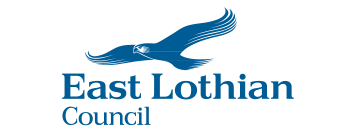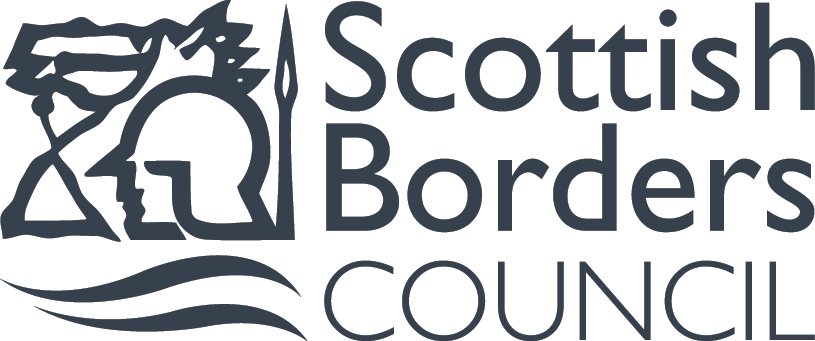Watch How Local Talent is Powering Scotland’s Digital Future
/This short film showcases the CTTS - Cable Telecommunications Training Services Ltd Telecoms Academy pilot in the Scottish Borders, a new initiative giving six local jobseekers the chance to begin careers in a fast-growing sector.
Previously only available in the South of England, the new training centre brings entry-level telecoms training to Scotland for the first time, helping to upskill the local workforce and create new routes into employment.
Following the success of the pilot, CTTS has expanded training delivery across the region and beyond, strengthening Scotland’s telecoms capacity and supporting inclusive growth.
Another example of how the IRES Programme is working with partners to create opportunities, unlock potential, and build the skills our regional economy needs for the future.
Watch the video to see how collaboration, innovation, and practical training are connecting people to Scotland’s digital future:









